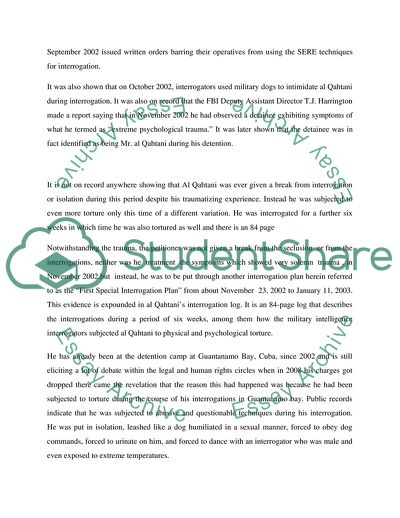Cite this document
(Analysis of Al Qahtani versus Osama Habeas Corpus Petition Case Study, n.d.)
Analysis of Al Qahtani versus Osama Habeas Corpus Petition Case Study. Retrieved from https://studentshare.org/law/1792867-the-american-constitution
Analysis of Al Qahtani versus Osama Habeas Corpus Petition Case Study. Retrieved from https://studentshare.org/law/1792867-the-american-constitution
(Analysis of Al Qahtani Versus Osama Habeas Corpus Petition Case Study)
Analysis of Al Qahtani Versus Osama Habeas Corpus Petition Case Study. https://studentshare.org/law/1792867-the-american-constitution.
Analysis of Al Qahtani Versus Osama Habeas Corpus Petition Case Study. https://studentshare.org/law/1792867-the-american-constitution.
“Analysis of Al Qahtani Versus Osama Habeas Corpus Petition Case Study”, n.d. https://studentshare.org/law/1792867-the-american-constitution.


